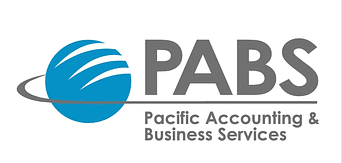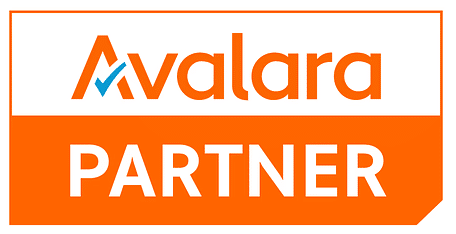Benefits Of Opening An S-Corp
What Is An S-Corporation?
Benefits Of An S-Corp
1. Pass Through Taxation
One of the most compelling advantages of choosing an S-Corporation is its pass-through taxation structure. This feature allows business income to be reported directly on the owners’ personal tax returns, effectively eliminating the double taxation commonly associated with C-Corporations. For example, if your S-Corp earns $100,000, you will include that figure in your personal income. You only pay taxes once, which can significantly boost your overall profitability.
It empowers business owners to retain more of their earnings while streamlining their tax obligations. This makes it an appealing option for entrepreneurs aiming to enhance their profitability while simplifying their accounting processes.
2. Increased Credibility
No matter which business you own, it’s important to have trust from customers and your employees. When your clients see you as an S-Corp, they recognize it as a legitimate entity with distinct legal protections. This perception can drive consumer trust and influence purchasing decisions, especially in competitive markets where professionalism resonates strongly. Take this example with a landscaping company into consideration. If it’s structured as an S-Corp, the company may attract more commercial contracts than a sole proprietor because clients often prefer to work with incorporated businesses known for their accountability.
It’s also important to consider the other opportunities you give yourself for loans or funding opportunities. Financial institutions tend to view S-Corporations as lower-risk loans compared to other types of corporations, increasing the likelihood of receiving financing.
3. Self Employment Tax Savings
An S-Corporation provides significant advantages in reducing self-employment taxes for business owners. Unlike sole proprietorships or partnerships, S-Corporation owners only pay these taxes on their salaries. This structured approach allows business owners to maximize their personal income without incurring unnecessary tax burdens as well as delivering predictable and consistent expenses.
Figuring out how to structure wages and salaries is super important for saving on self-employment taxes. As a business owner, you can decide on a reasonable salary based on the services you offer, while also taking extra profits as distributions. By planning this out carefully, you can really lower your taxable income and enjoy the perks of being both an employee and a shareholder in your corporation. An expert who understands bookkeeping and accounting can be a good investment to help you get the most help with tax obligations.

4. Limited Liability Protection
Businesses can always benefit if they have protection with their personal assets. When a business operates as an S-Corporation, any debts or legal responsibilities incurred by the corporation do not extend to shareholders. This means that owners’ personal assets—such as homes, cars, and savings—remain protected from creditors in case of lawsuits or business defaults. For instance, if an S-Corporation faces a lawsuit due to a product defect, the personal belongings of its shareholders are safeguarded from claims made against the company.
In addition to safeguarding personal assets, limited liability protection also offers a layer of security for shareholders themselves. As stakeholders in an S-Corporation, they can engage in business operations knowing their financial risk is minimal beyond their investment in the corporation. This arrangement fosters confidence among shareholders and encourages further investment without fear of losing personal properties. Entrepreneurs looking to attract investors will find this aspect appealing and crucial when establishing trust and credibility with potential partners.
5. Flexibility In Income Distribution
Another benefit of an S-Crop is the flexibility with income distribution. Other businesses can require business owners to draw fixed salaries. Conversely, S-Corps allow owners to distribute profits as they see fit. This means that shareholders can take dividends instead, which can enhance cash flow during lean business months. Let’s say a business owner experiences seasonal ups and downs. They might decide to put more profits back into the company during the slower months and take some out when they need a boost in their personal finances.
Having this level of flexibility gives owners some other perks as well. S-Corp owners have the flexibility to adjust their distributions based on their financial needs. For instance, if an owner has extra income from investments or another job, they might go for a smaller salary and higher distributions. Conversely, an owner starting a new family might prefer to take larger regular payments. This kind of adaptability really helps people manage their cash flow better.
6. QBI Deduction
The Qualified Business Income (QBI) deduction, introduced under the Tax Cuts and Jobs Act of 2017, allows eligible taxpayers to deduct up to 20% of their qualified business income. This deduction is available only to owners of pass-through entities, such as an S-corp.
The QBI includes income earned from a qualified trade or business within the U.S., excluding items like capital gains, dividends, and interest. The deduction is subject to limitations based on taxable income, wages paid, and the type of business (e.g., service-based businesses may face additional restrictions). It’s available to taxpayers with taxable income under certain thresholds, with phase-outs applying for higher earners.
The QBI deduction can reduce taxable income, offering significant tax savings for small business owners and is not available to owners of a C-corp.
Common Questions About An S-Corp











